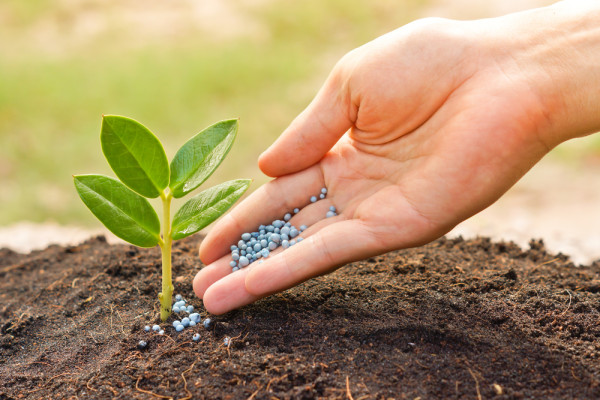The conversion of nitrogen in the air to fertilizer, using what became known as the Haber-Bosch process is seen one of the greatest inventions of the 20th Century, a study has shown.
A report from BBC says 100 years ago two German chemists, Fritz Haber and Carl Bosch, embarked on the research and without it almost half the world’s population would have been decimated today.
Although Haber’s history is controversial, he is also considered the “father of chemical warfare” for his years of work developing and weaponising chlorine and other poisonous gases during World War 1.
The study further shows that plants need nitrogen: it is one of their five basic requirements, along with potassium, phosphorus, water and sunlight. In a natural state, plants grow, they die, the nitrogen they contain returns to the soil, and new plants use it to grow.
‘’Agriculture disrupts that cycle: we harvest the plants, and eat them. From the earliest days of agriculture, farmers discovered various ways to prevent crop yields from declining over time: by restoring nitrogen to their fields.
Manure has nitrogen. So does compost. The roots of legumes host bacteria that replenish nitrogen levels. That is why it helps to include peas or beans in crop rotation.
That is exactly what Fritz Haber worked out how to do, driven in part by the promise of a lucrative contract from the chemical company BASF,’’ scientists concluded.
That company’s engineer, Carl Bosch, then managed to replicate Haber’s process on an industrial scale. Both men later won Nobel Prizes – controversially, in Haber’s case, as many by then considered him a war criminal.
CULLED FROM: BBC.co.uk

